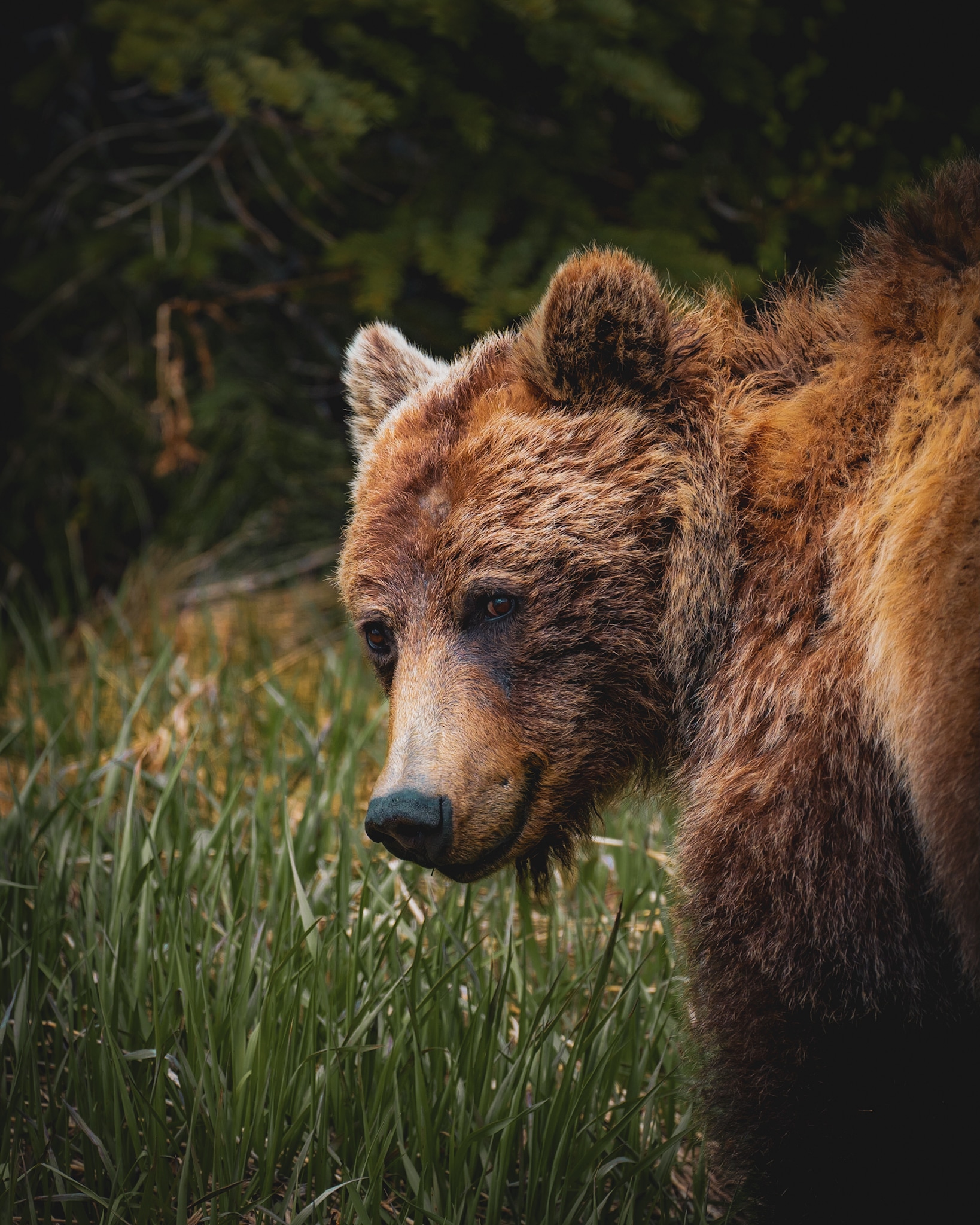… there is indeed something to be said for possessing one's soul in quiet, for living "in thoughtful stillness," for having no part in the "increasing clamour."
An Illustrated Love Letter to Gardening
A lush serenade to the patience and fortitude of living with uncertainty and letting life unfold on its own terms
Too often academic rigor is associated with a bloodless style and “proficiency in the use of the sacred tongue.” Too often lively writing is taken as a sign of dilettantism. Things don’t have to be this way, and Kumar, who is himself both a critic and a novelist, insists that scholarship should argue and inform but also surprise and delight.
I recently saw this from a philosopher-theologian on twitter: [3], [4]
Tbc: I reject Darwinism totally. It is bad sc. resting on worse metaphysics. I'm tired of wild-eyed schemes for integrating it into Xian theology. We ran that experiment & it led to pantheism. [Rolls eyes]
I replied:
This is nonsense and a form of lying for Jesus. Darwinism (I think he means evolution) might turn out to be wrong or like most science incomplete, but it is not bad science. Human Philosophy is more of a risk to sound Christian doctrine than science.Well, Darwinism is the currently accepted form of evolution. There was that fellow Lamarck. And there was Charles Darwin’s grandfather, Erasmus Darwin, who also advanced a notion of evolution, as did the great Augustine of Hippo, quite a few centuries earlier than any of them. Charles Darwin’s version was on the way to being forgotten when Julian Huxley grafted Gregor Mendel’s discovery of genetics onto it, thus giving us neo-Darwinism.
But that seems to be in a bit a trouble, as indicated in David Gelernter’s Giving Up Darwin. Here is just one excerpt:
Consider the whole history of living things—the entire group of every living organism ever. It is dominated numerically by bacteria. All other organisms, from tangerine trees to coral polyps, are only a footnote. Suppose, then, that every bacterium that has ever lived contributes one mutation before its demise to the history of life. This is a generous assumption; most bacteria pass on their genetic information unchanged, unmutated. Mutations are the exception. In any case, there have evidently been, in the whole history of life, around 1040 bacteria—yielding around 1040 mutations under Axe’s assumptions. That is a very large number of chances at any game. But given that the odds each time are 1 to 1077 against, it is not large enough. The odds against blind Darwinian chance having turned up even one mutation with the potential to push evolution forward are 1040x(1/1077)—1040 tries, where your odds of success each time are 1 in 1077—which equals 1 in 1037. In practical terms, those odds are still zero. Zero odds of producing a single promising mutation in the whole history of life. Darwin loses.Like Gelernter, I find Intelligent Design Theory wanting as a substitute for Darwin. I’ll settle for Heraclitus and the Logos or Laozi’s Tao — a principle of intelligence inherent in being.
A prodigy … or parents are desperate during Covid Times?
Four-year-old lands book deal for his 'astonishing' poetry | Books | The Guardian
Ode to Buttoning and Unbuttoning My Shirt: Poet Ross Gay’s Subtle, Stunning Meditation on Learning to Live and Learning to Die
In praise of practicing the inevitable through the improbable, the mundane moments when we are “as delicate as we can be in this life.”
BY MARIA POPOVA
Every act of living is an act of learning to die, of apprenticing ourselves to the loss of this moment, of this collarbone being touched, of this hand doing the touching. If we are thoughtful and tender enough with ourselves, the terror of the loss cusps into transcendence, the grief into gratitude, into a nonspecific gladness enveloping everything that ever was and ever will be, enveloping us in the sense of ourselves as nothing more than particles passing between not yet and no more, nothing less than particular, particulate miracles bewildered and bewildering in their passage.
That is what poet Ross Gay explores with his light and luminous touch in one of the highlights from the fourth annual Universe in Verse, the poem “Ode to Buttoning and Unbuttoning My Shirit” from his altogether resuscitating and resucculating 2015 poetry collection Catalog of Unabashed Gratitude (public library) — the conceptual womb out of his which his prose miracle The Book of Delights was born.

